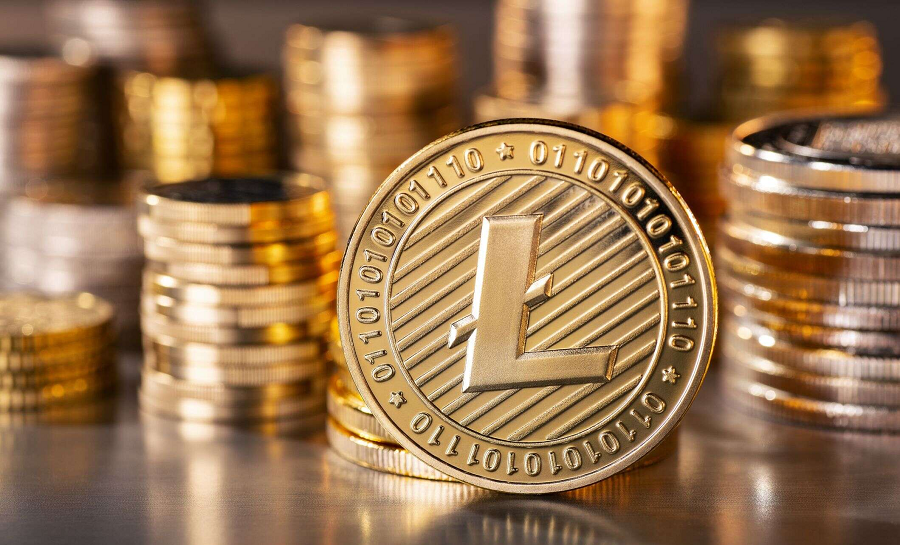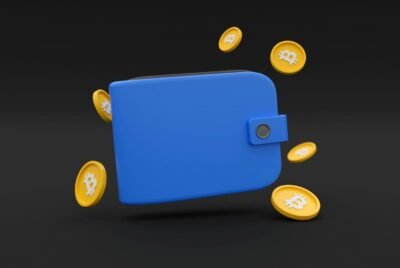Comparison of Bitcoin and Litecoin

The public’s fascination with cryptocurrency has seen wild swings over the past few years. Due to the increasing maturity of the cryptocurrency market more and more new investors are being attracted to it. Bitcoin, which has become synonymous with making cryptocurrency billionaires and expanding people’s digital wealth, has been the primary focus of this attention.
Since its inception, hundreds of alternative cryptocurrencies have been founded or split off from Bitcoin. The word “altcoin” is actually the short form of alternative coins which means all the other cryptocurrencies except the one bitcoin. Although both Litecoin and Bitcoin use blockchain technology and a verification process, some essential distinctions between the two may influence your choice.
What is Bitcoin?
Satoshi Nakamoto developed Bitcoin after the economic collapse in 2008. It was designed to function differently from conventional banking. The Bitcoin blockchain is a public, distributed ledger that records Bitcoin transactions. Bitcoin transactions recorded on the blockchain cannot be altered or removed after they have been made public. Bitcoin is the only crypto that dominates the whole market after it was introduced in 2009. In doing so, it ushered in a new category of investments now utilized by individual and institutional capitalists. It was the first asset since gold with a scarcity-driven model and an intrinsic value.
Briefly Explain Litecoin
Several early adopters tried to get their hands on Bitcoin (BTC) during its first spectacular rise in price between 2009 and 2011. Charlie Lee introduced Litecoin in 2011 that is now became another famous crypto. The purpose of creating Litecoin was to make Bitcoin more flexible.
As the processing power needed for the Proof-of-Work consensus mechanism increased, it got harder to mine Bitcoins throughout this time. Mining hardware for Bitcoin, known as Application-Specific Integrated Circuits (ASIC), has risen in price. Regular crypto enthusiasts will find it more challenging to get into Bitcoin mining. For the same reason that fewer people can afford to invest in the infrastructure as prices rise, the concentration of power is a real possibility.
Distinctive Features
The hashing function is the primary differentiating factor between Litecoin and Bitcoin. SHA-256, the hashing algorithm used by Bitcoin, can be quickly computed by the ALUs of graphics processing units.
- Industry Value:
Bitcoin’s growing popularity can be attributed to two factors: its decentralized nature, which makes it amenable to mining by big farms and mining pools, and its rising demand, which has resulted in a very high cryptocurrency-to-dollar conversion rate. Market capitalization, the total dollar worth of all coins in circulation, is another key differentiator between Bitcoin and Litecoin. Compared to Bitcoin, Litecoin’s market worth is substantially lower due to the latter’s higher demand and inadequate supply.
- Distribution:
The maximum number of coins that can be created for each cryptocurrency is another critical distinction between Bitcoin and Litecoin. The number of coins in circulation on the Bitcoin network is capped at 21 million, while Litecoin can support as many as 84 million. Litecoin’s unique selling point lies in this area.
The price of Bitcoin reflects the belief of both parties that it serves their interests, deals, and financial aspirations. This was a great factor for Litecoin initially. Still, market forces like supply and demand and consumer and investor mood ultimately determine the value of most goods and investments.
- The rapidity of a Deal:
Although Bitcoin and Litecoin transactions are instantaneous, they take time to be confirmed by other users. The founders of Litecoin set out to create a currency whose primary focus was quick transactions.
On average, a Bitcoin transaction takes the network about nine minutes to confirm (during which a block is validated and added to the blockchain). But this varies greatly depending on the volume of data transferred over the network. The Litecoin counterpart takes about 2.5 minutes.
Can Litecoin Replace Bitcoin?
The creation of litecoins is quicker than bitcoin. But the latter is more valuable. Cryptocurrencies like Bitcoin and Litecoin are often compared to precious metals like silver and gold. Both precious metals have a finite supply, are utilized as a store of value, and have been used as currency throughout history, just like the cryptocurrency being compared to. These characteristics set them out as a potential investment or trading asset in a way that few others can match. But as Bitcoin’s price rises, Litecoin’s, which is still relatively low, could become more attractive. Additionally, Litecoin was recently integrated into PayPal, joining Bitcoin, Ethereum, and Bitcoin Cash, making the altcoin accessible to PayPal’s 346 million regular customers.
Conclusion
It is over a decade since the introduction of either Litecoin or Bitcoin. When considering factors like decentralization, blockchain security, popularity, and adoption, Bitcoin emerges as the undisputed victor. When comparing blockchain transaction times, Litecoin outperforms Bitcoin. However, both are mostly tradable cryptos. You can also trade them with the help of the platform with impacts Bitcoin volatility where some other new cryptos are also available.
Alexia is the author at Research Snipers covering all technology news including Google, Apple, Android, Xiaomi, Huawei, Samsung News, and More.












